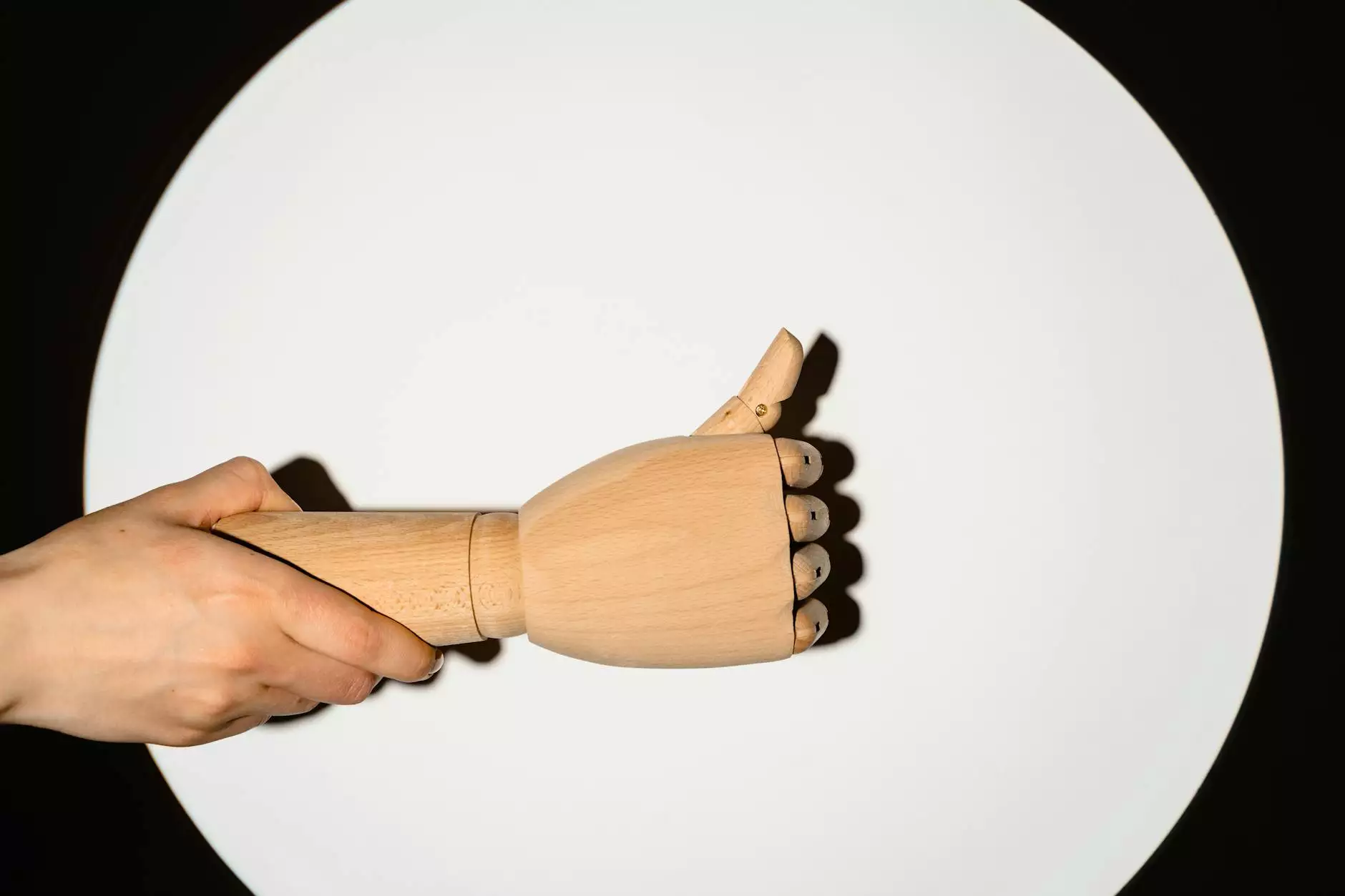Exploring Medical Devices Wholesale: A Comprehensive Guide

The medical devices wholesale industry is a dynamic and crucial sector that caters to the ever-growing demand for quality healthcare products. As businesses strive to improve their services, it is essential to understand the intricacies involved in wholesaling medical devices, particularly in specialized categories such as radiation shielding material and radiation shielding devices. This article aims to provide an in-depth understanding of these categories while also empowering businesses with the knowledge needed for success in the wholesale landscape.
Understanding the Landscape of Medical Devices Wholesale
The realm of medical devices wholesale is vast and multifaceted. It involves the bulk purchase of medical equipment and supplies from manufacturers to supply chains, hospitals, clinics, and other healthcare facilities. The need for wholesale medical devices is more pressing than ever as healthcare providers seek to optimize their resources and provide efficient patient care.
Why Focus on Wholesale Medical Devices?
Engaging in medical devices wholesale offers numerous advantages:
- Cost Efficiency: Buying in bulk often lowers per-unit costs, leading to significant savings.
- Wider Selection: Wholesalers typically offer a broader range of products, allowing healthcare providers to select high-quality devices tailored to their needs.
- Streamlined Supply Chains: Having a reliable wholesale supplier can enhance the efficiency of healthcare operations.
Radiation Shielding Material: An Overview
In the medical field, radiation shielding materials are crucial for protecting patients and healthcare workers from harmful radiation exposure. These materials are designed to absorb and reduce radiation levels, ensuring safe environments in diagnostic and therapeutic settings.
Types of Radiation Shielding Materials
Several types of materials are commonly used for radiation shielding:
- Lead: The most widely used material due to its high density and effectiveness in blocking various types of radiation.
- Concrete: Often used in construction of radiology departments, concrete provides a solid barrier against radiation.
- Polyethylene: A popular option for neutron radiation shielding, it is lightweight and effective.
- Boron-infused materials: Often used to absorb thermal neutrons, boron is integrated into various shielding products.
Applications of Radiation Shielding Material
Radiation shielding materials find application in various settings:
- Hospitals: Used in X-ray rooms, MRI facilities, and radiation therapy units to ensure patient and staff safety.
- Laboratories: Essential for research environments where radiation is used or produced.
- Industrial Settings: Employed in industries that utilize radioisotopes or have nuclear applications.
Understanding Radiation Shielding Devices
Alongside materials, there are various radiation shielding devices tailored for specific medical applications. These devices are designed to provide targeted protection and minimize radiation exposure.
Types of Radiation Shielding Devices
Common radiation shielding devices include:
- Lead Aprons: Worn by healthcare professionals during diagnostic procedures to protect vital organs.
- Lead Barriers: Portable shields that can be repositioned for optimal safety during procedures.
- Radiation Shields for Patients: Devices designed to protect patients from unnecessary radiation during procedures.
Choosing the Right Radiation Shielding Devices
Selecting the appropriate radiation shielding device is essential for both patient and staff safety. Key considerations include:
- Type of Radiation: Understand the type of radiation present in your facility and choose shielding devices accordingly.
- Regulatory Compliance: Ensure that all shielding devices meet industry standards and regulations to guarantee safety and effectiveness.
- Durability and Comfort: Devices should be both effective and comfortable for prolonged use, especially for lead aprons.
How to Source Medical Devices Wholesale
Sourcing medical devices wholesale, particularly in specialized sectors such as radiation shielding, requires strategic planning and considerations.
Key Steps in Sourcing Medical Devices Wholesale
- Research Suppliers: Start by identifying reputable suppliers who specialize in medical devices wholesale and have a solid track record.
- Evaluate Product Quality: Assess the quality and compliance of products to ensure they meet safety standards.
- Negotiate Pricing: Since bulk purchases can lead to significant savings, don’t hesitate to negotiate for better pricing or terms.
- Consider Delivery Logistics: Ensure that the supplier can meet your logistical needs for timely delivery of products.
Trends in the Medical Devices Wholesale Industry
The medical devices wholesale sector is constantly evolving, with new trends shaping the market landscape:
The Rise of Telemedicine
With the surge in telemedicine, the demand for remote monitoring devices has increased. This trend is pushing wholesalers to adapt their inventories to meet new healthcare delivery models.
Sustainability in Medical Devices
As awareness of environmental impacts grows, there is more emphasis on sustainable medical device manufacturing and sourcing practices. Wholesalers who prioritize eco-friendly products will appeal to a broader market.
Technological Advancements
Innovations in medical technology, such as artificial intelligence and robotics, are changing the landscape of wholesale devices. Staying updated with these advancements is crucial for wholesalers looking to remain competitive.
Conclusion: The Future of Medical Devices Wholesale
The future of the medical devices wholesale industry hinges on the ability to adapt to market changes, technological advancements, and regulatory developments. By focusing on high-quality products such as radiation shielding material and radiation shielding devices, businesses can ensure their growth and sustainability in the healthcare landscape.
Partnering with reliable suppliers, embracing new technologies, and staying informed about industry trends will be key drivers of success. The commitment to providing safe and effective medical devices will ultimately enhance patient care and promote a healthier society.









